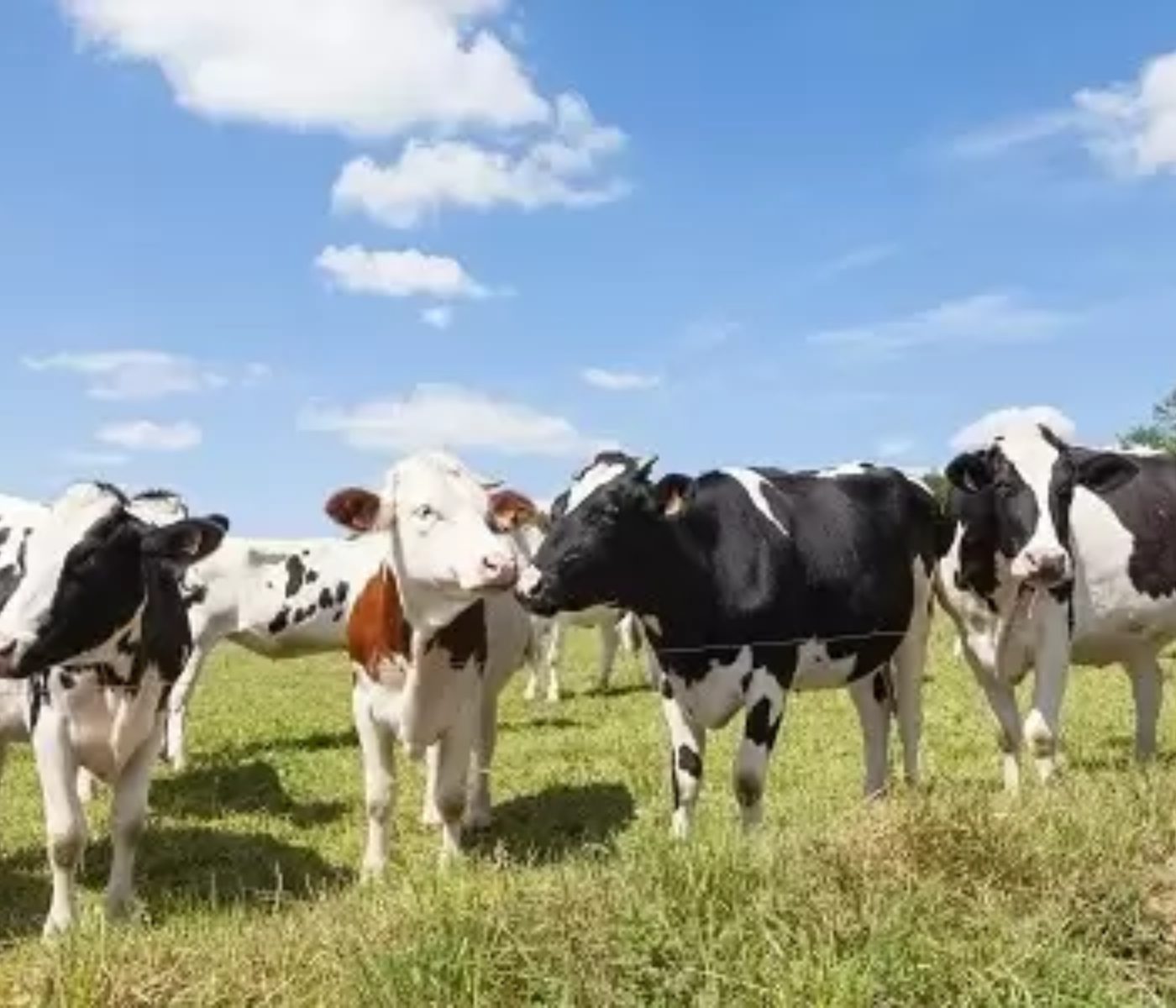 14 Jul 2024
14 Jul 2024
The tax, expected to be approved by Denmark’s parliament later this year, will start at 300 krone ($43) per ton of CO2-equivalent emissions from livestock in 2030, increasing to 750 krone ($107) by 2035. With a 60% tax break, farmers will effectively pay 120 krone ($17) per ton initially, rising to 300 krone ($43) by 2035.
Danish dairy cows emit an average of 5.6 tons of CO2-equivalent per year, according to the green think tank Concito. Initially, this will result in a charge of 672 krone ($96) per cow, rising to 1,680 krone ($241) in 2035.
For the first two years, the tax proceeds will support the agricultural industry’s green transition and then be reassessed. Concito’s chief economist Torsten Hasforth noted, “The whole purpose of the tax is to get the sector to look for solutions to reduce emissions,” suggesting that farmers could alter their livestock feed.
However, the Danish farmers’ group Bæredygtigt Landbrug criticized the measures as a “scary experiment.” Chairman Peter Kiær remarked, “We recognize that there is a climate problem, but we do not believe that this agreement will solve the problems.“
Arla Foods CEO Peder Tuborgh welcomed the agreement but stressed that farmers actively working to reduce emissions should not be penalized. DLG Group CEO Kristian Hundeboll emphasized the importance of aligning the tax with European Union legislation to maintain competitiveness.
In addition to Denmark, New Zealand had considered a similar law, set for 2025, but it was scrapped following a government change and criticism from farmers.
Denmark’s tax agreement, seen as a historic compromise by the Danish Society for Nature Conservation, still requires parliamentary approval but is expected to pass. As of June 30, 2022, Denmark had 1,484,377 cows, a slight decrease from the previous year. This new tax aims to reshape the country’s food industry beyond 2030 while addressing climate change.
Source: CNN
You may also like to read: “FDA Approves Methane-Reducing Feed Additive”
Subscribe now to the technical magazine of animal nutrition
AUTHORS

Nutritional Interventions to Improve Fertility in Male Broiler Breeders
Edgar Oviedo
The Use of Organic Acids in Poultry: A Natural Path to Health and Productivity
M. Naeem
Synergistic Benefits of Prebiotics and Probiotics in Poultry, Swine, and Cattle
Gustavo Adolfo Quintana-Ospina
Hybrid Rye Potential in Laying Hen Feed Rations
Gwendolyn Jones
A day in the life of phosphorus in pigs: Part I
Rafael Duran Giménez-Rico
Use of enzymes in diets for ruminants
Braulio de la Calle Campos
Minerals and Hoof Health in the Pregnant Sow
Juan Gabriel Espino
Impact of Oxidized Fats on Swine Reproduction and Offspring
Maria Alejandra Perez Alvarado